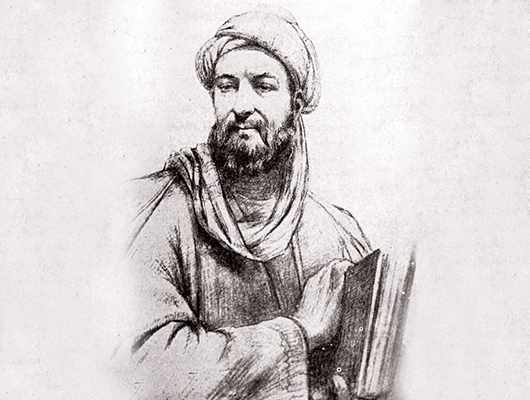According to a report by Mizan, as translated by IFP, the Municipality of Tehran has kicked off the plan and is providing free services for citizens of all 22 districts in the city.
Samaneh Zamani Garmsiri, the Director-General of Health at the Municipality, said that 4,000 doctors visit the patients for free on this special day.
The birthday anniversary of Avicenna, on August 22, is annually commemorated by Iranian physicians and scientific centres as National Doctors’ Day.
Avicenna, also known as Ibn Sina, was a Persian and Muslim physician, astronomer, alchemist, chemist, logician, mathematician, metaphysician, philosopher, physicist, poet, scientist, theologian, and statesman.
He was born around 980 AD in Afshana, near Bukhara which was then a part of Iran and is now in Uzbekistan, and died in 1037 AD in the Iranian city of Hamadan.
Avicenna is regarded as the father of the modern medicine for introducing systematic experimentation and quantification into the study of physiology and contributing to the discovery of contagious diseases.
He is also considered the father of the fundamental concept of momentum in physics.
He wrote some 450 books on a wide range of subjects, many of which concentrated on philosophy and medicine. His most famous works are the ‘Book of Healing’ and the ‘Canon of Medicine’, which used to be standard medical texts in many Islamic and European universities until the 18th century.
He wrote most of his works in Arabic, since it was the dominant language for centuries following the Arab invasion of Iran.
However, he also wrote a large manual on philosophical science entitled ‘Danesh-Nameh Alai’ and a small paper on the pulse in his native language, Persian.
Among Avicenna’s 16 medical works, eight are versified treatises on issues such as the 25 signs indicating the fatal termination of illnesses, hygienic precepts, proved remedies, anatomical memoranda etc.
Amongst his prose works, after the great Canon, the treatise on cardiac drugs, a large number of fine manuscripts which have remained unpublished, are kept at the British Museum.
